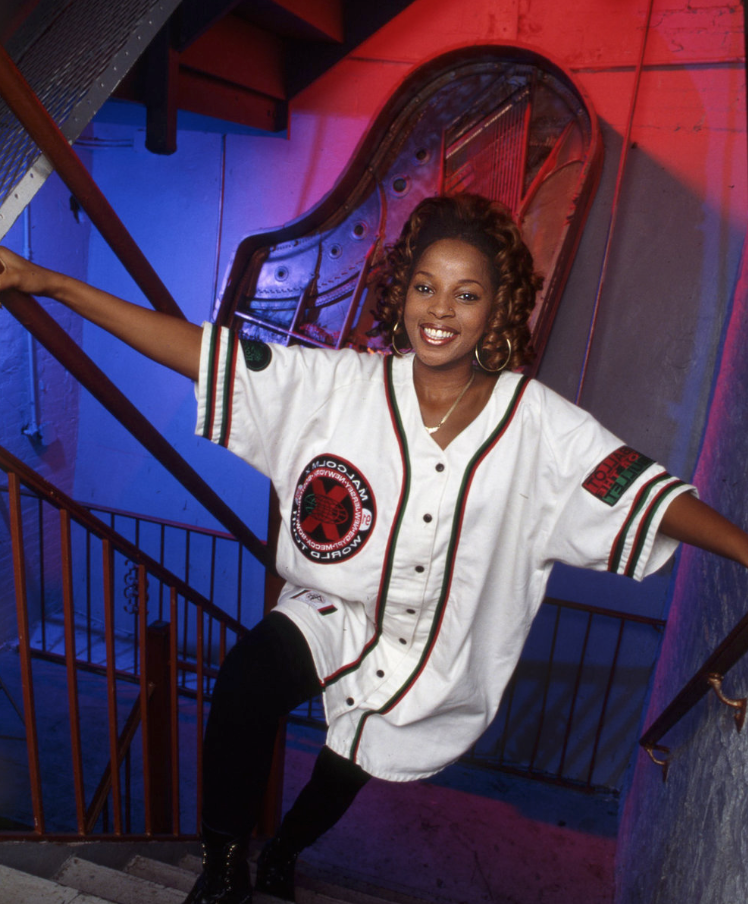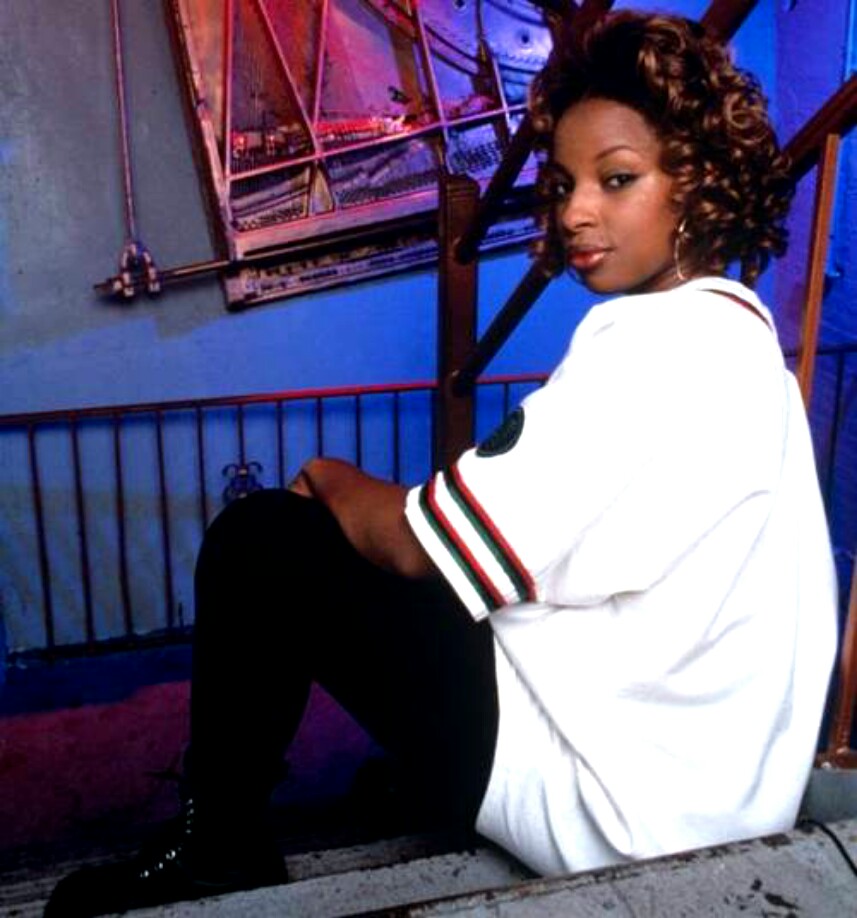The Gumbo: You are calling in from three different states, how did you find each other?
Sekai: We went to school together!
Caesher: And we were just friends before anything. That’s how we found each other. As far as the group thing we just had a love for rap and Hip-Hop in a deeper way than other folks around us.
Kee: That’s real. I was in my final semester of college when I met Caesher and got to know Sakai more. I think those moments we just bonded and connected. Caesher used to make fun of me because I used to rap random bars and lyrics to people’s songs and Caesher would be like “uh uh you should be a rapper, you should be a rapper!”
So when did you all decided to create BLEMME and what makes you different from other groups?
S: We don’t really remember. I just remember Caes and Kee were like okay we’re in a group now. They were able to push me out of my comfort zone and I was like “okay we’re really good at this!”
C: I wanted to touch on the second half of the question. Literally everyone says y’all are just spitting and y’all are dedicated to the craft. That’s not what just makes y’all different, that makes you stand out. A lot of the time when you hear popular music from queer and trans artists it’s usually a pop bop or something heavily influenced by ballroom culture and that is great, but not every one of us is from that culture. So I think it’s very important to shine a light on all different queer or trans artists, specifically those who identify as femme or women because it’s more to it. We’re multifaceted.
It’s apparent in the music you have created. Who are some rappers who influenced you?
S: Go ahead and say it…
C: (Laughs) Everyone who knows me knows it’s Nicki Minaj!
I knew it, I saw her all over your Instagram (laughs)!
C: I cannot talk about me falling in love with Hip-Hop without mentioning Nicki Minaj. I think she gets a lot of flack. I think of being younger during the Pink Friday era and hearing my cousins and older brother say “this is for girls.” And I was like “this is where it’s at!” And I think a lot of other people who are in more visible places than us have been influenced by her too, whether they admit it or not!
K: I couldn’t give you an age [for when I fell in love with Hip-Hop], but the people I used to listen to growing up were Nas, Foxy Brown and Tupac. When Nas rapped: “Hit the Earth like a comet—invasion!/Nas is like the Afrocentric Asian: half-man, half-amazin’” I was like come through! … Then watching Foxy Brown embrace sensuality in ways that were really, really beautiful and to be dark-skinned. And one of the things I am obsessed with about her, her flow is unmatched. I feel like she is so underrated. I love Nicki Minaj too, me and Caes love her. We love her down! And even Nicki says she’s influenced by her so much … And then I love me some Tupac!
S: Also Nicki Minaj. I remember being in high school when Beam Me Up Scottie came out and only like three people knew it but we were rapping it in classrooms. Kendrick is an influence too, his storytelling. And I really like Leikeli47 as well.
Each of you named some of the biggest rappers in the game and rappers that people consider some of the best at their craft. With their presence in the culture how do you all feel about the current state of Hip-Hop?
S: I think there are too many non-Black people profiting off of Black vision and Black aesthetic.
C: I agree. A new trend is introduced by Black folks, it’s dragged on and usually non-Black or people who aren’t of the culture who perpetuate it. In the age of social media everything is so fast you’re just popular based on what sells very quickly and not on something that exudes longevity.
K: I think there are so many, so many rappers who don’t write their own music. And the ones who do a lot are mediocre. So when BLEMME got together we really dedicated ourselves to writing our own music. So when we sit down we’re recording things, we’re mixing and mastering stuff-Sakai is a brilliant producer. Genius producer. But we can all get a beat from wherever we are in the country and we can do really, really well on it. We value writing and storytelling.
Each of you clearly has a respect for the culture, which I think should the barometer when it comes to acceptance within Hip-Hop communities. But we know how the culture is. Were you ever apprehensive or nervous about how you would be received as transgender and queer women?
C: I think yes, for me personally. Not so much as putting myself out there but more who would receive me and how I would be received. And I think I can say that for each member in the group.
K: One of the biggest things was that I was really afraid for my mom to hear my music! She’s an old-head and she likes music in general, and she’s always supported me. Once my mom told me liked my music and to keep doing you nobody could tell me anything!
What does it mean for each of you to be in a Hip-Hop group within a genre and culture that’s not always that accepting?
C: For me what it means is kind of a gaze and a hyper-surveillance. If you’re spitting music and putting it out regularly you’re not hiding. The gaze just increases because I am Black and I am trans and I identify as a woman. In Hip-Hop, at least nowadays, they’re going to stand out because that’s just the way it is.
K: I definitely echo Caesher’s sentiments. I feel like for me I’m always underestimated at any point in my life. In Hip-Hop and in college and all these different moments in my life where I was trying to do what I needed to do to get to where I needed to go. I think when people look at me they assume particular things and they’re often wrong. And the way in which race intersects with gender and the way that intersects with queerness is really important to Black identity and has been a focal point in the creation of Black culture and Hip-Hop. Hip-Hop was pioneered out of political moment back in the 70s which also arguably trans Black women and queer Black people were a part of too, because we were a part of that community. So I think it’s important that we are all visible in Hip-Hop because it’s not only going to push the culture forward but also shed light on what has already existed.
S: With representation in music comes money. And with money comes with survival.
Representation is everything, but sometimes there are artists who will put on queerness because it seems cool or fun. Or straight, cisgender men will write a song about girls kissing girls because it appeals to their hypermasculinity. And then they won’t actually be here for the LGBTQIA+ community in real life.
C: The first person that comes to mind is Young M.A., who is very talented. She stands in her truth and I appreciate that about her as an artist. But when it comes to her audience and who I tend to hear say they love her, it’s folks who are attracted to her. Which then makes her more marketable. It’s like the saying women artists will say that folks tell them, that you have to either want to be f*cked or women have to want to be you. That rings true when it comes to that situation, because when I hear about queerness in Hip-Hop on a popular level it’s usually like a Young M.A. Which is disappointing because yes, it’s pivotal and important and also let’s deconstruct masculinity. Let’s talk about what that means. Let’s also not just be here for somebody because we want to lay down with them. Let’s support everybody on the spectrum. Because I can name people who will support a Young M.A. but they won’t support a Caesher or a Kee or a Sakai.
S: I also think there’s a juxtaposition there. I also see cis men saying they’re going to turn her out, hypersexualizing her.
K: People fetishize these weird, imaginary queer relationships [of celebrities] and in practice they hate us. And we give all of them money. [These artists] benefit from queer communities invested in their music…It’s just really important to put out there that queer people, queer Black people, have influenced and made Hip-Hop what it is!
Now you are all here creating your own music. Take me behind the process of creating your first single “blkNblu.”
C: Sakai made the beat. And we were all in different places at the time when we got it and we each just wrote.
S: We kind of did it in a Sisterhood of the Traveling Pants way.
How does it feel to have your first project out there and for the world to see?
K: It’s intimidating as hell! It’s scary as f*ck. We talk about this often, being hyper-criticized and trying to develop ways to deal with that type of criticism. We all know there’s trolls online, and trolls exist to simply be haters. They’re you’re number one fans but they exist solely to wreak havoc. So what happens when those people start saying sh*t and you begin to take it heart? My goal isn’t to take it to heart. My goal is to let it roll of my back. But I’m human and I’m afraid. But also very, very ready.
S: We’ve been working on this for a year now, and it was very surreal to have it come out. Most people knew we were a group but no one really heard it until we put it out.
C: It’s very rewarding. And I’m very very proud to do this in a collective and to have this sisterhood.
Where do you see the group five years from now?
K: At the Grammys!
C: I see us having more visual projects and our music being involved in more visual projects like tv, film and online series.
S: I agree with both!
Listen to their debut EP Vol. 1 below.









